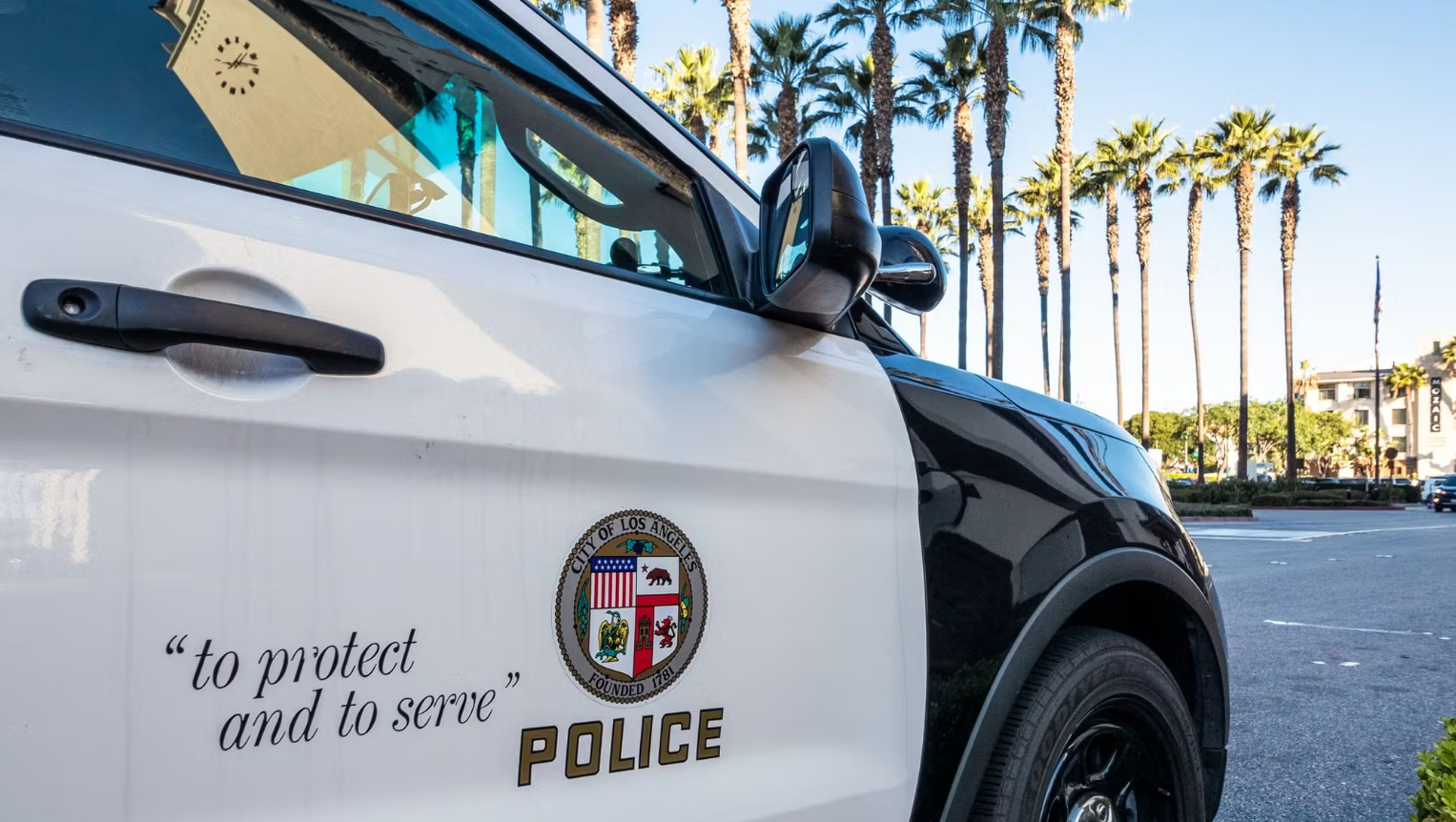(ThyBlackMan.com) Mayor Karen Bass has publicly stated that she will likely pick a new permanent LAPD chief before the end of September. She has three names on her desk recommended by the Los Angeles Police Commission. There has been much hush hush and endless speculation about just who the three top candidates are. However, there should be no speculation about what should be the major criteria that the mayor should use to make her pick from the three.

The one she ultimately chooses must be fully on board to carry out the long-standing mandate that she and many other LAPD watchers want and need. The mandate in two words is total reform. There are unconfirmed reports from insiders that one of the three finalists is deeply committed to working closely with community leaders and even LAPD critics on reform that must include zero tolerance toward the overuse of excessive force and still prevalent but masked racial profiling of young Black and Hispanic males. He reportedly has the track record to prove his commitment to real change.
That’s total reform from top to bottom in a department that for much of its past and unfortunately at time present history has been a much-deserved poster agency. That being for the most abusive, brutal, “us versus them,” racially bigoted big city police department in the nation.
In the decades since the beating of Black motorist Rodney King in 1991 and the L.A. riots in 1992 there has been much handwringing and soul-searching over how to reform the LAPD, complete with investigations, commissions, voluminous reports, city charter changes, a federal consent decree and the appointment of two reform-minded chiefs.
The aim of all of this was to transform the LAPD into a clean, efficient, community-oriented police department. It was more than a case of image makeover. It was a desperate need for a profound course correction in the way the LAPD did business.
The changes were soon visible. Successive LAPD chiefs disciplined, suspended, and fired officers for misconduct. The use of force by officers dropped. Citizen complaints leveled off.
LAPD officials became constant presences at community events, meetings, and forums, always pushing partnership and dialogue with community leaders. There were aggressive policy changes by the Los Angeles Police Commission, the civilian oversight agency, and the LAPD inspector general. None of these things would have had the remotest chance of happening a decade earlier.
Though LAPD top brass continued to loudly protest that racial profiling didn’t exist despite legions of racially based complaints against the department, there was still the sense that the LAPD had turned the corner. Polls showed that more Blacks than ever expressed guarded support for the LAPD.
Yet, while the LAPD clearly continued the reform process, there were still some of the old troubling signs that much more still needed to be done, especially when it came to the most volatile issues — and that’s the use of deadly force, the wildly disproportionate traffic and pedestrian stops of Blacks and Latinos, the patrol saturation of mostly Black and Latino neighborhoods, and questions about how tough and effective disciplinary measures are against officers guilty of misconduct. That includes suspension, firing and, where warranted, a recommendation for prosecution.
Officers who overuse deadly force or commit acts of misconduct must be punished. Without that, it reinforces the notion that officers can administer street corner justice. That is the practice that got the LAPD into so much hot water in years past.
There’s more. The slaying of George Floyd in 2020 ignited mass marches, protests, demonstrations, and civil disturbances. The slaying ignited a deep soul search, once again, on the continued cheapness of Black lives and how cavalierly and wantonly some cops and some departments continue to extinguish them.
Unfortunately, what the Floyd slaying didn’t do, or certainly do enough of, was force police departments to go full bore to purge the culture of silence from their departments. LAPD officials, the L.A. Police Commission, and even the L.A. Police Protective League have repeatedly denounced and promised to crack down on the blue code of silence. There are rules and regulations in place that mandate that officers who witness any abusive, and yes, racist acts, by other officers challenge them and report them.
The problem is that few police departments pound this point home to rank and file officers or for that matter to their superiors. Put bluntly, telling them, and continuing to tell recruits at the academy, officers in orientation and training sessions, and in their performance evaluations that the department has zero tolerance toward police misconduct. That if an officer witnesses it, they are duty-bound to report it.
If they don’t, they are just as guilty of law breaking as the cop that breaks the law. This is a huge problem area that still needs much work within the LAPD.
It’s the single biggest thing that jades minorities and increasingly much of the public toward cops, and reinforces the notion that all cops routinely lie, cheap and cover up abuses.
Reform, then, must be the watchword for the LAPD. That must begin at the doorstep of the person who ultimately is chosen to sit in the LAPD driver’s seat.
Written By Earl Ofari Hutchinson
One can find more info about Mr. Hutchinson over at the following site; TheHutchinson Report.
Also feel free to connect with him through twitter; http://twitter.com/earlhutchins

















Leave a Reply